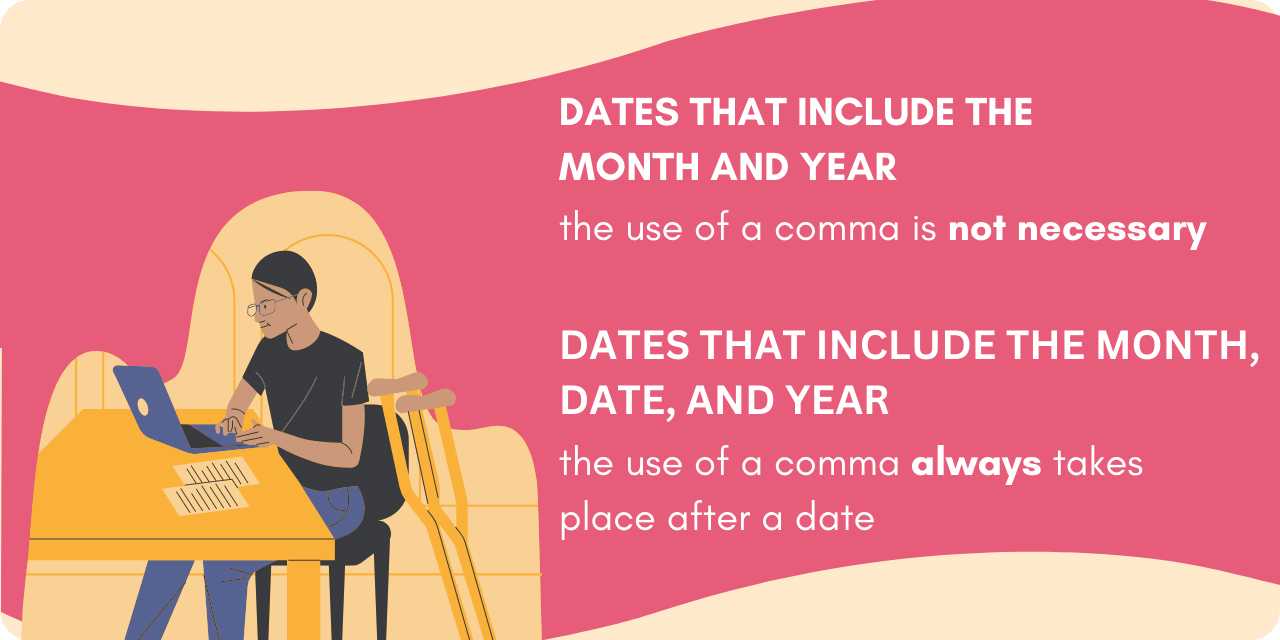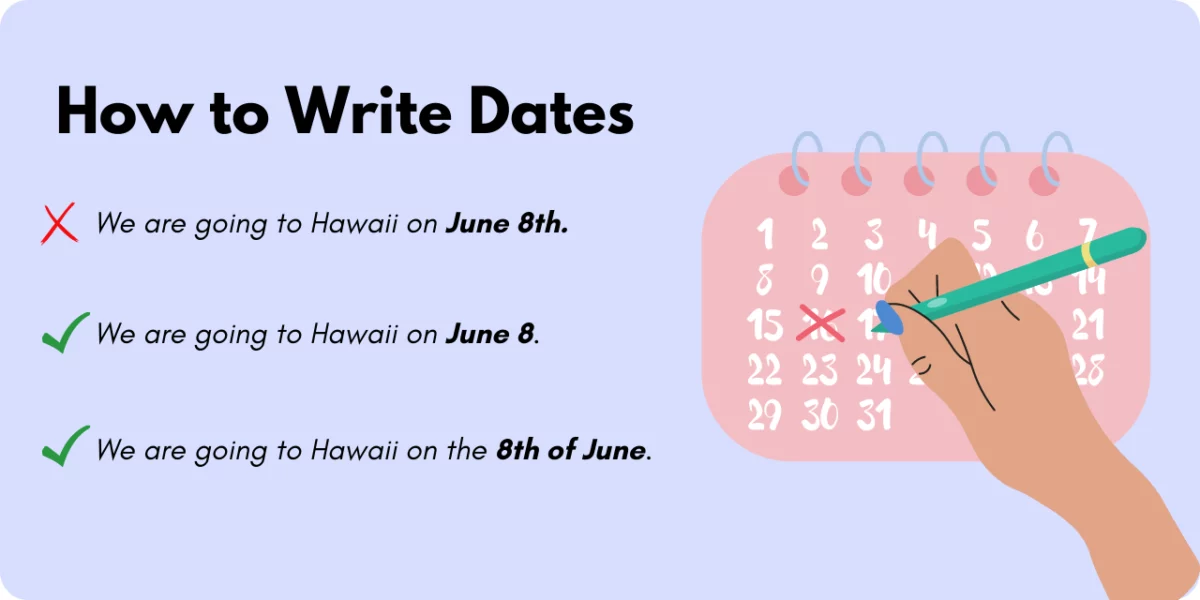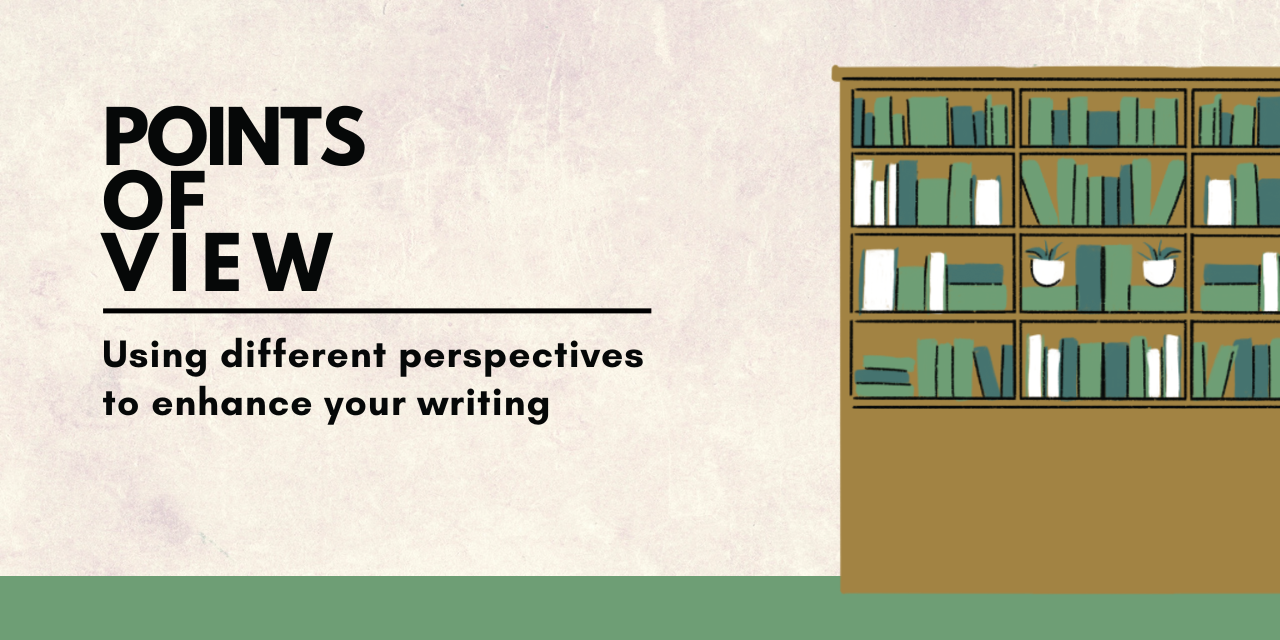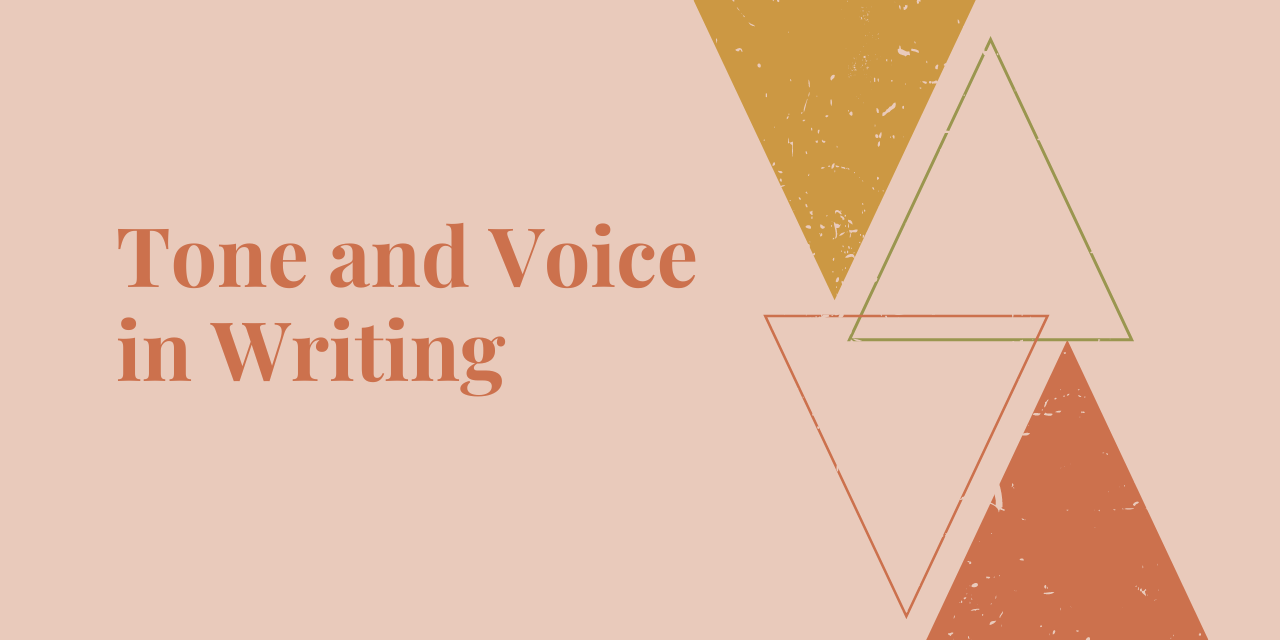The correct way to fully write out dates using commas, according to the American format, is to write the weekday separate from the month and date, which in turn will be separated from the year using a comma—for example, Friday, April 29, 1993.
This is one of the most popular and common formats for writing dates, but there are still some exceptions. To learn of these exceptions, read further down to learn the various ways of placing commas in dates.

Learning To Write The Date With Just The Year and Month
When writing dates that only include the month and the year, you don’t have to use commas. For example:
- Correct: I first started wearing glasses in July 1999.
- Incorrect: I first started wearing glasses in July, 1999.
How To Use Commas When Dates Include The Month, Date, and Year
You should use commas after you write the date, but not after the month. The comma date rule applies when including all three things in the date. For example:
- Correct: I realized I first started wearing glasses on August 10, 1999.
- Incorrect: I realized I first started wearing glasses on August 10 1999.
- Incorrect: I realized I first started wearing glasses on August, 10, 1999.
Where To Put Commas When Dates Include The Weekday, Date, And Year?
When the date includes the weekday, as seen at the top of the article, a comma must come between the weekday and the month. You must also add a comma before the year.
- Correct: I stopped wearing glasses on Monday, March 4, 2002.
- Incorrect: I stopped wearing glasses on Monday March 4, 2002.
Starting A Sentence With A Date
What about using dates and commas at the beginning of a sentence? You can apply the same rules here, but must also include a comma after writing the year. For example:
- Correct: July 15, 2004, marks my 5th year of wearing glasses.
- Incorrect: July 15, 2004 marks my 5th year of wearing glasses.
Dates In The Middle Of A Sentence
When dates fall in the middle of a sentence, you have to consider the date format you’re using. When using the month-date-year format, you have to put a comma after the year. For the month and year or month and date format, the comma usage depends on the context.
- Correct: My vacation in July 2019 was amazing.
- Incorrect: My Vacation in July 2019, was amazing.
- Correct: When my vacation ended on August 1, I went back home.
- Incorrect: When my vacation ended on August 1 I went back home.
Learning How to Write a Date in Inverted Style
The inverted style is prevalent in most of the world outside the US. Simply put, inverted style is when the date comes first, followed by the month, and then the year. A different approach with commas applies when using the date-month-year format.
Countries like the United States and Canada use the month-day-year format, which usually causes confusion when expressing dates numerically. For example, 7/5/1990 simply means July 5, 1990 in the United States, but in Europe, it is viewed as May 7, 1990.
When writing in inverted style, commas are not need between the day, month and year at all. To an American, this will certainly look strange.
- Correct: My grandmother died on 20 July 1996.
- Incorrect: My grandmother died on 20 July, 1996.
Writing Inverted Dates and Weekdays
However, inverted style dates use commas if the date includes a weekday. For example:
- Correct: I met my fiancé on Wednesday, 4 September 1990.
- Incorrect: I met my fiancé on Wednesday 4 September 1990.
Including Commas in Special Dates
Special days, such as Christmas and Valentine’s Day, have the same way of writing commas as other styles.
- Correct: On February 14, 2019, people celebrate Valentine’s Day.
- Incorrect: People go overboard on Valentine’s Day 14, 2019.

Practice Makes Perfect!
Using commas in specific date formats seems a bit confusing, but you will surely get the hang of it once you start practicing more often. Just remember that when you use the weekday-month-date-year format, there are two commas separating the weekday and month, and the date and the year. This way you will get the hang of all the other different formats.
And if you want to have a chuckle at other people’s expense, here are some humorous punctuation mistakes from the world over.






